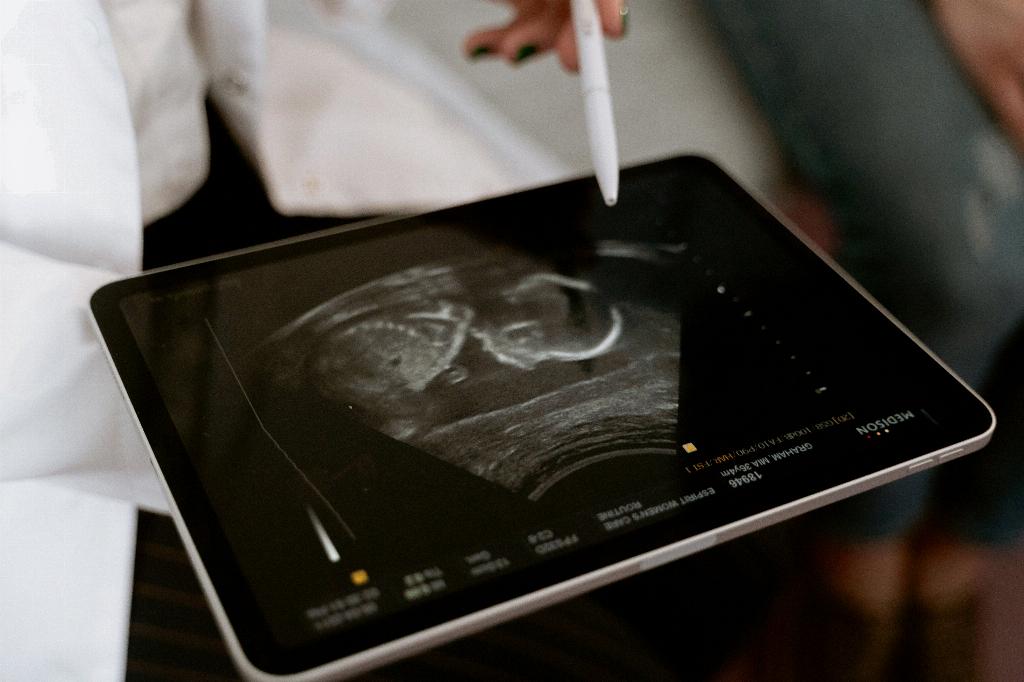When it comes to early pregnancy, there are several signs that could indicate you may be expecting. Implantation bleeding is a common occurrence that can often be mistaken for a light period. This type of bleeding typically occurs when the fertilized egg attaches itself to the uterine wall, and it is usually lighter and shorter in duration compared to a regular period.
One key difference between implantation bleeding and menstrual bleeding is the color of the blood. Implantation bleeding can be pinkish or brownish in color, whereas menstrual blood tends to be darker red. Paying attention to these subtle differences can help you determine whether what you’re experiencing is likely related to pregnancy.
Signs of Early Pregnancy
Aside from implantation bleeding, there may be other early signs of pregnancy to look out for. Some women may experience fatigue, nausea, breast tenderness, or heightened sensitivity to smells. These symptoms can vary from person to person, and not everyone will experience them all.
Increased urination, mood swings, and food cravings or aversions are also common indicators of early pregnancy. If you notice a combination of these symptoms and suspect you may be pregnant, it could be worth taking a home pregnancy test or consulting with a healthcare provider for confirmation.
Timing Is Key
Understanding the timing of these symptoms is crucial when trying to determine whether you may be pregnant. Implantation bleeding typically occurs around 10 to 14 days after conception, which is often close to the time when a missed period would be expected.
Early pregnancy symptoms can start as early as one week after conception, but they may not be as noticeable until a few weeks later. It’s important to listen to your body and pay attention to any changes or new sensations you may be experiencing.
Seeking Confirmation
If you suspect you may be pregnant based on the symptoms you’re experiencing, it’s recommended to take a home pregnancy test for initial confirmation. These tests measure the levels of human chorionic gonadotropin (hCG), a hormone produced during pregnancy, in your urine.
If the home pregnancy test indicates a positive result, it’s advisable to schedule an appointment with a healthcare provider for further confirmation and to discuss your next steps. A healthcare professional can provide guidance on prenatal care, diet, and lifestyle adjustments to support a healthy pregnancy.

